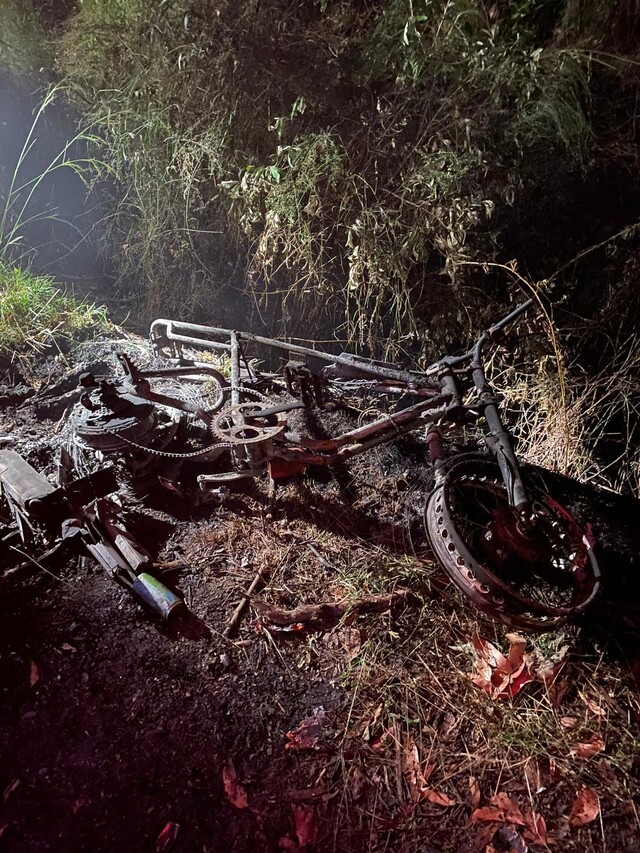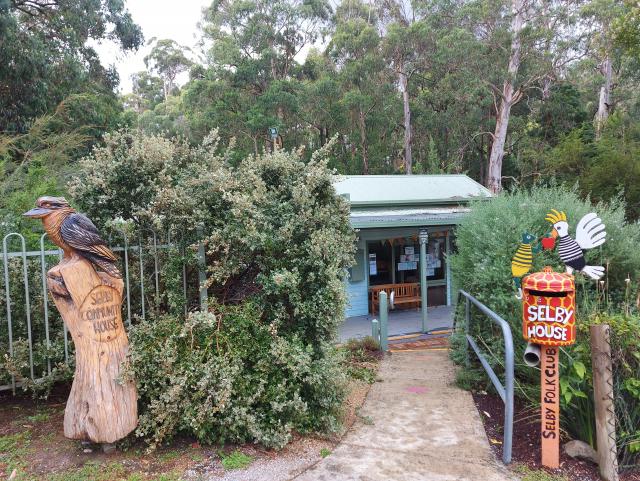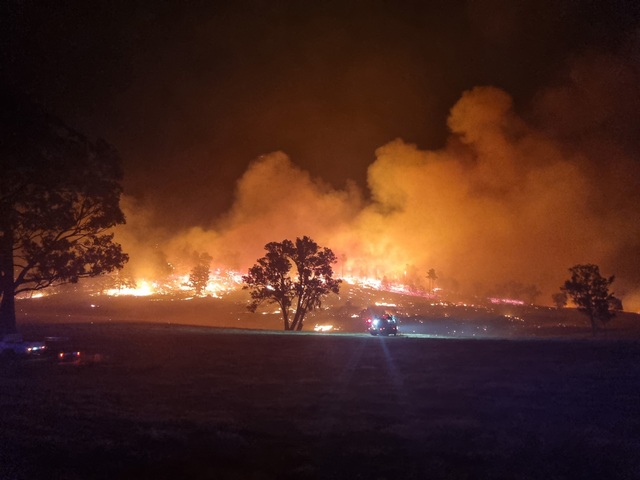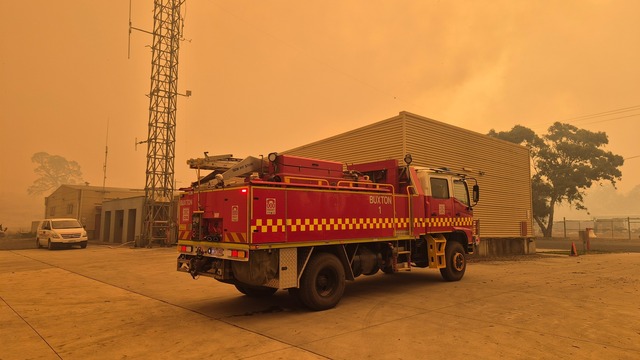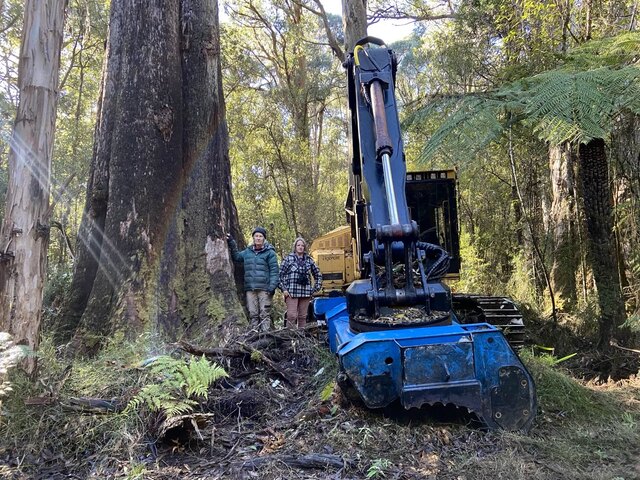A review of The Bookbinder of Jericho by Pip Williams
Writing the second book is hard, especially when your first book is an international bestseller. The expectation for another triumph, from your supporters and particularly from yourself, can be crushing.
But Pip Williams did it, convincingly and with so much grace and compassion. The Bookbinder of Jericho is the companion novel to Williams’ debut The Dictionary of Lost Words, praised as an “imaginative, delightful, charming and clever book” by Simon Winchester, author of The Professor and the Mad Man (1998)..
Set between 1914 and 1918, The Bookbinder of Jericho tells the story of Peggy and Maude, twin sisters who work in the bindery at Oxford University Press. Peggy is intelligent and ambitious, dreaming of making a difference with her own words, yet she often feels duty-bound to watch over her vulnerable sister.
The story picks up the threads of The Dictionary of Lost Words with Peggy playing an important role in the production of Women’s Words, composed by Esme Nicoll and lovingly printed by her sweetheart Gareth Owens. Also reappearing is Esme’s friend Tilda, the talented actress and fierce supporter of the women’s suffragette movement.
However, the dominant and omnipresent character in the story is the war. It sends Tilda to the frontline, and turns the world upside down. It brings Lotte and Bastiaan to Jericho, two refugees from Germany’s invasion of Belgium in 1914. It sends fathers, sons and husbands to the bloody battles and leaves women behind to live in grief, fear and despair.
At times, various details of the war are almost too bleak to bear. Further contributing to the misery is the influenza pandemic, which kills mercilessly and relentlessly. The vivid first-person narrative provided by Peggy draws readers deep into that morbid world. Thankfully, her capacity to
see the possibility of a different future gives us hope.
Throughout the story, Williams subtly explores the myriad ways in which words can impact on individuals, communities and even nations. Not just when words and their definitions are preserved or discarded, but how they are deliberately used to expose or disguise, uplift or repress. Peggy, for example, is an expert of hiding her true thoughts and emotions.
Which is the reason why Maude and Lotte are two extraordinary characters, as their actions speak louder than their words. In Maude’s case, her sister articulates well:
“She understood, I think, that most of what people said was meaningless. That people spoke to fill the silence or pass the time; that, despite our mastery of words and our ability to put them together in infinitely varied ways, most of us struggled to say what we really meant.”
Meanwhile, we as readers may find it fascinating to imagine the life of a book before it is put in our hands. To this reviewer, even more delightful is Peggy’s discovery that what impresses one reader is never the same as what impresses all others. “Each book, once read, will have told a slightly different story.” What does The Bookbinder of Jericho mean to you?


